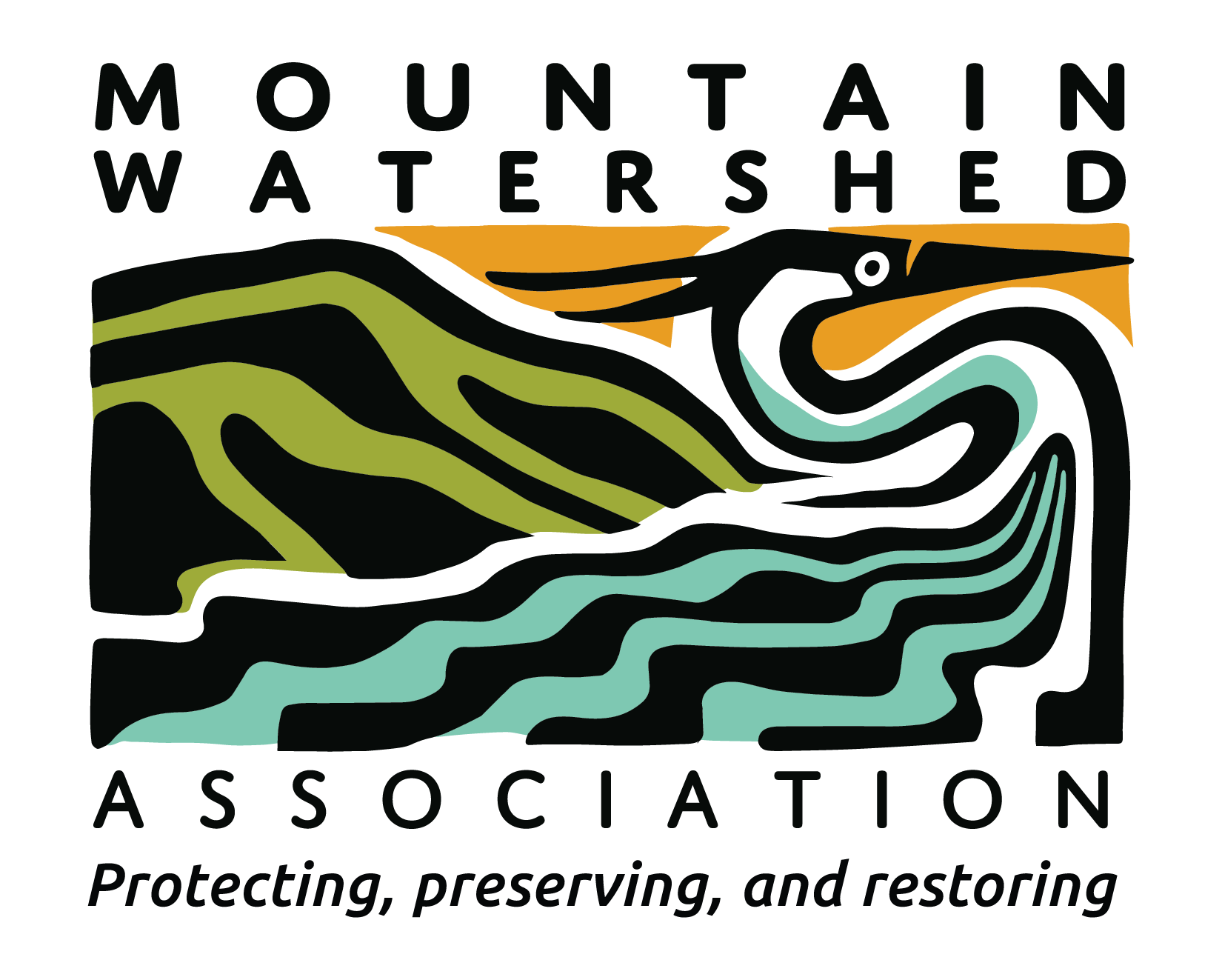Spring is here and river cleanup season is upon us. Many communities are hosting cleanups throughout southwestern Pennsylvania. Connellsville has an annual citywide cleanup coming up. Dunbar Township has made great improvements to country roads known to be historical dumping sites. MWA is also hosting several cleanups this spring, starting with a section of the Casselman River. We’ll be meeting with the Casselman River Watershed Association, Immersion Research, and others at Jeffrey’s Landing near the Myersdale Highschool Football Field. Thanks to CRWA for the great work on the river access there and the many locations along the Casselman.

Additional cleanups are happening on May 1st in Connellsville starting at Yough River Park, and we’ll be hosting our 3rd year of floating from Cedar Creek to West Newton on May 22. There will be plenty of land-based volunteer options as well if the river scene is not for you. We are lucky to have the Great Allegheny Passage Trail within reach. Picking up around the trail or parking areas and helping off load boats would be options for anyone interested in helping from land.
We’ve removed over 1,000 tires for the Yough in the past three years. The majority of these tires have been taken out near West Newton. The number of volunteers at this event doubled between 2019 and 2020 and we hope to continue to grow that base. There have been several cleanups organized by other organizations and by groups of friends. We love to see residents taking care of their section of river. Although we have made a positive impact, there is still so much more to do.

Long time supporter, Phil Coleman, noted that there are thousands of tires still in the river downstream of Sutersville. There are stories of individuals dumping hundreds of tires on the banks and waiting for highwater to take them away. Another paddler noted that there are hundreds of tires upstream of Myersdale on the Casselman River. Where do they all come from? Last year we removed 15 gallons of broken glass on the Lower Yough. The Lower Yough is world famous, known for whitewater adventures, swimming, and relaxing by the river. Inflatable pool toys are an emerging popular vehicle for the float sections downstream of Connellsville. Most do not make it off the river for a second use.

Fayette County improved access to recycling services thanks to help from a $350,000 grant originating from DEP’s Municipal Waste Planning, Recycling and Waste Reduction Act. The grant provided funds for more drop locations with dumpsters and a new and improved recycling facility. Recycling is not the solution, however. Many plastics do not have reuse value. The cost of processing, transporting, and remanufacturing limit recycling feasibility. Only 9% of plastics end up properly recycled. In turn, 91% are deposited in landfills, incinerated, or littered. All three options have detrimental effects on public health, climate change, and wildlife. Plastic manufacturers know that plastics end up as waste and encourage people to recycle. They are required to incorporate recycled materials back into newly produced soda bottles or laundry detergent containers. Recycling gives the consumer a sense of stewardship and fulfills the “do your part” mindset. It also creates a path for people who like the convenience of single use plastics to continue the stream of buying more plastics and then attempting to recycle them, all the while believing this is a sustainable way of living.
There is nothing like seeing a plastic bag stuck in a low branch, flapping in the breeze while floating down the Youghiogheny. There is an immediate sense of fulfillment when that bag is removed and properly disposed of. Taking part in a river cleanup is a very rewarding and enjoyable experience. The next step is to make sure that this garbage doesn’t reach our waterways. There is only one way to make that happen. Reduce the amount of garbage created by you and your family every day.
How can you make a simple reduction?
- Bring reusable bags to the store.
- Never buy bottled water.
- Support businesses that use sustainable packaging.
- Buy local.

